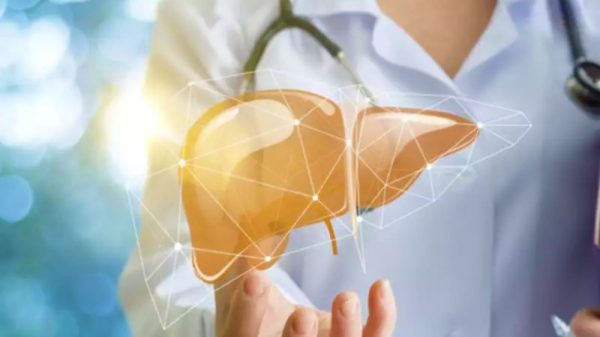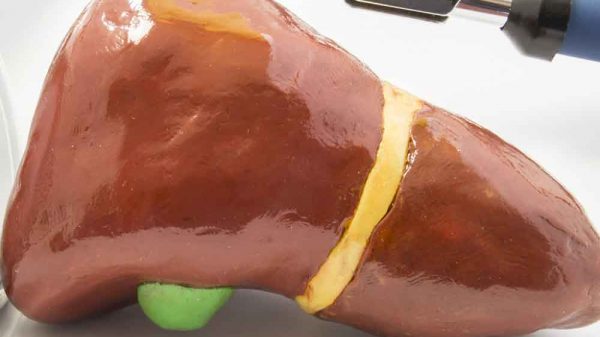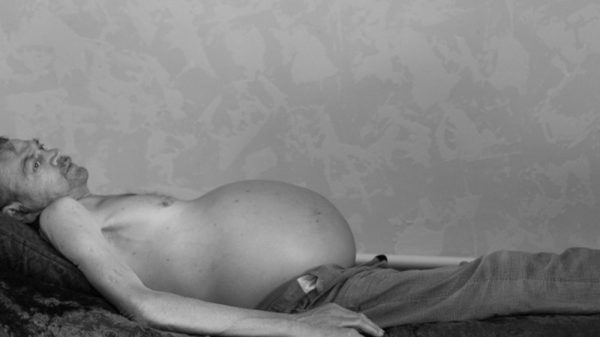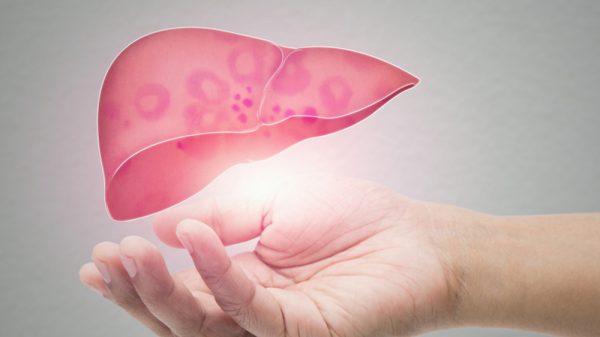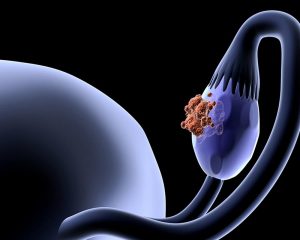Are you considering a liver transplant? If so then you should consider the success rate of a first liver transplant. In fact, the survival rate during the first year is nearly 90%, and still quite high after 5 years. However, there are cases when the transplanted liver fails. It’s important to know the chance of that happening. You’ll then know the likelihood that you’ll need another liver transplant. In most cases, a liver transplant is a successful medical procedure. However, sometimes that’s not the case and another vital organ must be swapped in. The key is to know the chance you’ll have to experience that since it can be tough to go through the entire procedure again. However, it’s worthwhile if it means you can get a fully functional liver.
It’s always a plus if the first liver is successfully inserted. However, as with other medical procedures, there’s always the risk of complications. So it’s important to know the chance of that happening. You should also know how the success rate of the first surgery could affect future ones. This is critical to make sure you get the best results. What’s critical is to replace the damaged liver with a functional one so the vital organ can work effectively.
What Exactly Is a Liver Transplant?
This surgical procedure is also known as “hepatic transplant.” It’s the only cure during late-stage liver cirrhosis, which involves major scar tissue. The process involves removing all/part of the liver then replacing it with a donated liver. The two types are from living donors (partial) and deceased donors (whole).
There are various other treatments of late-stage liver disease. However, it’s the only true cure during late-stage cirrhosis. The reason is that this causes the organ to stop losing many functions. This is due to major scarring that takes place.
An adult liver weighs around 3 pounds. It’s located under the diaphragm and to the right of the abdomen. The human liver does several complicated functions within the body. They include:
- Producing bile for absorbing vitamins and digesting fat
- Removes toxic byproducts
- Breaking down nutrients
- Controls blood clotting
- Storing vitamins/minerals/sugar
- Making proteins
- Producing energy
Liver transplants are required when the liver doesn’t function properly, which is known as liver failure. This can happen quickly due to various factors including injury, hepatitis, or infection. It can also result from long-term health issues including:
- Cirrhosis
- Bile duct scarring
- Alcoholism
- Hepatitis
- Immune system problems
If you’re a candidate for a liver transplant then several specialists review your situation to determine whether you qualify for a liver transplant. This involves various factors including your medical history. The experts specialize in areas like livers and organ transplants.
There are also other specialists involved in the process. They include psychiatrists, social workers, financial counselors, etc. There are various aspects of receiving a liver transplant. There are many issues related to the patient’s physical, mental, emotional, and financial wellbeing. It’s critical to receive in these areas so you’ll have the best experience possible.
If you qualify for the transplant you’ll be put on a waiting list. The MELD score is based on your need for an organ based on whether you’re in end-stage cirrhosis.
First Liver Transplant
It’s important to know facts related to the first liver transplant in terms of issues like success rates. The s1-year survival rates are quite high at around 90%. Meanwhile, the 5-year survival rate is 75%. These are high success rates.
However, there’s still a chance of possible issues during the liver transplant. For example, there’s a chance the first liver could fail. In that case, you might require future surgeries or even another implant procedure.
There are various factors that can help determine the success rate of the first transplant. They include the surgeon’s experience. It’s important to pick a surgeon who has a good amount of experience with liver transplants. This will help to increase the chance of a successful medical procedure.
It’s critical for the patient’s condition to be monitored long after the transplant. This can help to determine if there are any problems/complications that take place. If so then they might require future surgeries or another transplant.
There are various reasons why the transplant might require further surgery. They include failure of the transplanted liver. In some cases, this happens after the transplantation is completed. In other cases, the original disease caused liver damage returns.
After the liver transplant, it’s important for the patient’s doctor to monitor his/her recovery. This can help to determine any possible problems that happen. For example, the patient will require various blood tests from time to time.
They’ll also be required to take medications for their entire life. One of the key goals is to prevent the body from rejecting the transplant. This is a natural response since the body perceives the new liver as a threat.
It can be difficult to go through the entire process of receiving a liver transplant. This is doubly true if you require a second organ transplant surgery.
FAQs about Post-Liver Transplant Life
1. Is it possible for liver diseases to return?
Some diseases might return like Hepatitis C. Your transplant team can help to monitor your condition to watch for such diseases. They can also provide help like medication to help reduce the chance.
2. Are there any medications required post-transplant?
The main type is anti-rejection medications. In fact, these are often required for the patient’s entire life after receiving the transplant. The reason is the body naturally perceives the new organ as a threat. So it’s important to take medications to reduce these effects, so the body will be more likely to accept the liver.
However, it’s important to keep taking medicines. This is actually the main cause of organ failure. Follow-up with your transplant team and a personal doctor can help to make sure you get the best results related to this issue.
3. How is the quality of life affected?
The overall quality of life will generally improve after the transplant. However, the most challenging time will be the first 3 months post-operation. That’s because the body adjusts to the transplanted liver and the medicines required for maintaining the organ’s health.
After patients are discharged from the hospital they’re usually able to care for themselves through most daily activities. It’s also usually possible for the patient to return to work within 6 months after the organ transplant.
It’s even possible to enjoy daily activities like socializing, exercising, and traveling. However, it’s important to take it slow at first so you can have a full recovery and start living your normal everyday life.
4. How long will the transplant life?
As noted there are some cases when the liver transplant fails. However, in most cases, the survival rate is several years or even decades along. In fact, there are some patients who live for 30+ years after the first liver transplant.

